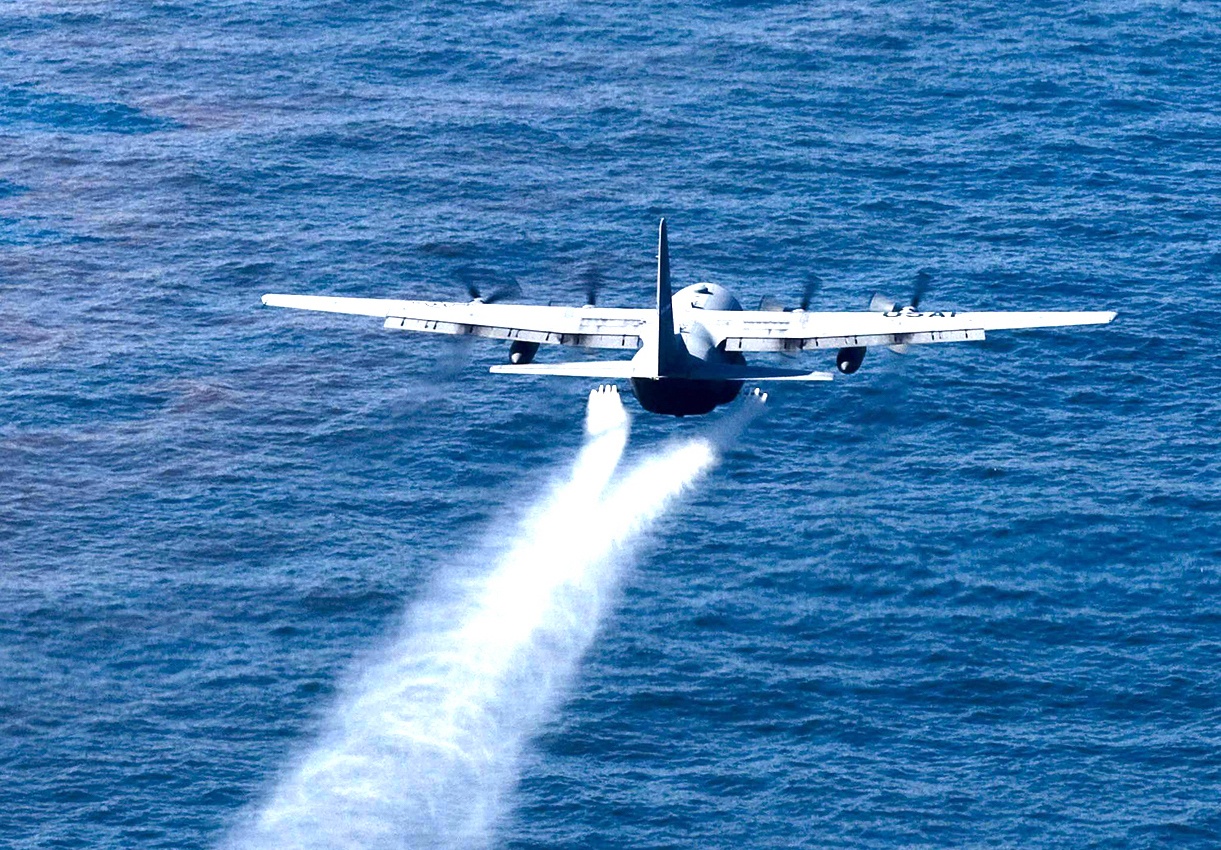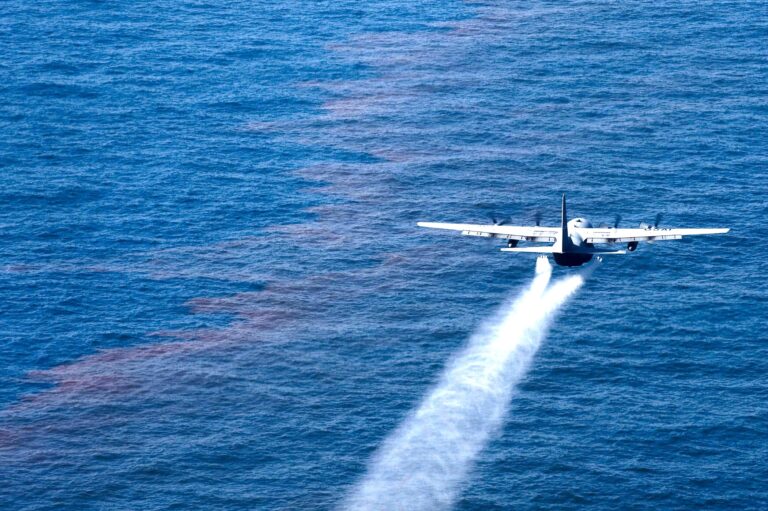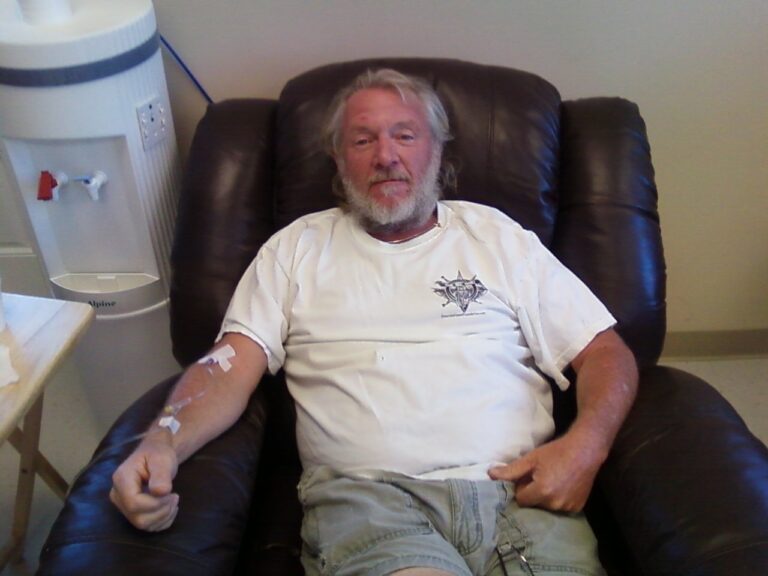Do you believe you have been chemically exposed?
We have plenty of free resources available, from free quizzes to a directory of the latest research on chemical intolerance. We also have free downloadable toolkits to help you identify toxic exposures in you and your community, and how to talk your doctor about it.
Latest News from Alert
The Guardian: Environmental Protection Agency US government toughens rules on chemicals used to break up oil slicks
“Environmental activists sued EPA to update regulations, after thousands of people sickened from Deepwater Horizon…
Keep ReadingEPA Issues Final Rule Governing Use of Chemical Dispersants on Oil Spills (Alert v. EPA)
For Immediate Release – [Download PDF] Berkeley, CA (June 13, 2023) — The U.S. Environmental…
Keep ReadingSign our petition demanding that the EPA and DOI stop the use of dispersants during oil spills.

During the 2010 BP oil disaster, the federal government allowed the use of over 2 million gallons of toxic chemical dispersants to “clean up” the oil. The quantity of dispersants used during the BP oil spill was unprecedented — and so were its consequences.
We want the EPA and the DOI to stop allowing the use of the dispersants Corexit 9500A and Corexit 9527A for oil spill response in all waters of the U.S. Science has finally confirmed that these Corexit dispersants are deadly for people and wildlife when released into the environment.


